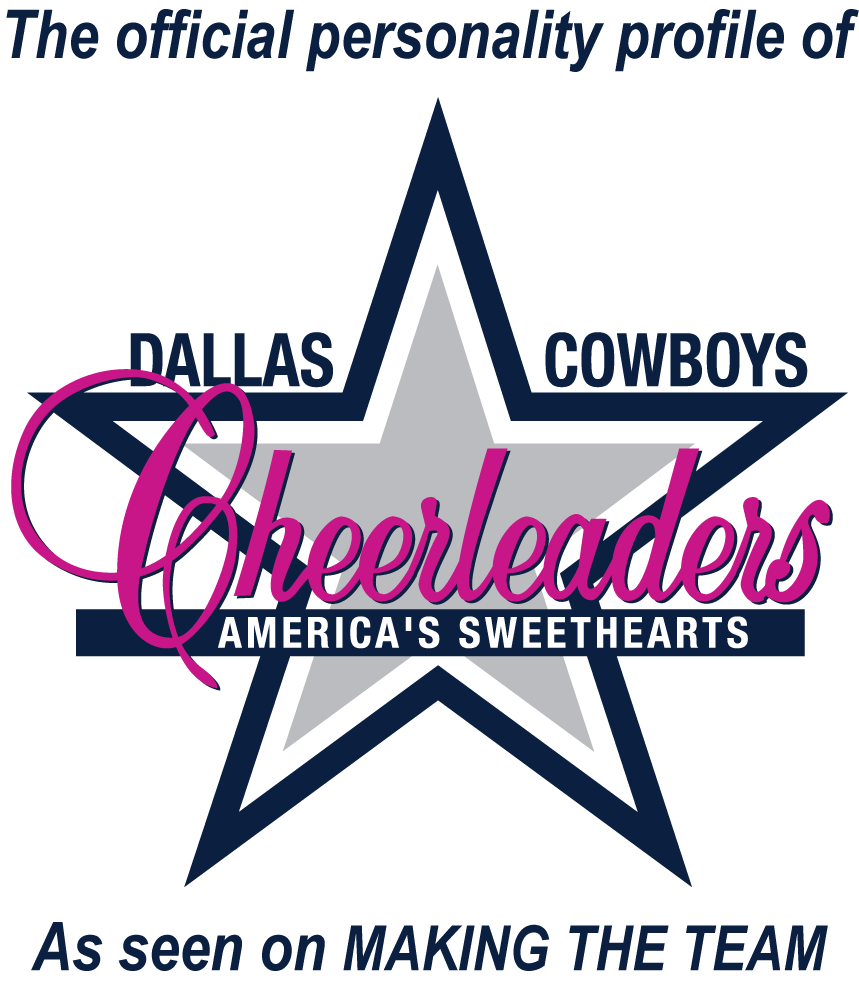The first tool for gaining confidence is knowledge. Knowledge of your own strengths and limitations, and knowledge of the arena in which you wish to excel. But knowledge alone isn't enough. Knowledge leads to confidence only when it is validated by experience. We test the validity of what we think or believe by putting the theory into actual practice and gathering data or feedback from the experience. If the feedback is positive, we assume our theories are correct and act accordingly. If the feedback is negative, the bold among us will adjust our course, while the more timid often allow the negative feedback to stop them cold.
Confidence can be gained by knowing, understanding and correctly applying the following formulas and factors :
- Knowledge + Experience + Positive Feedback = Confidence.
- Positive feedback comes from successful outcomes.
- Successful outcomes are the result of consistent practice and repeated attempts.
- Repeated attempts are possible only when we believe we will eventually succeed.
The formula seems to say that we must believe in our ability to succeed before we have experienced any semblance of success, and that is true. That's where the knowledge part of the confidence formula comes in, and why it is the first equation in the formula. Before we can believe we will succeed without ever having made an attempt, we must have some knowledge as to what success entails and what strengths and abilities we bring to the mix. We must also know the truth about "failure".
Failure is not the result of attempting to achieve a goal and falling short of the mark. Failure occurs when we allow falling short of the mark to cause us to quit trying. Actually, there are only two ways to fail. (1) Give up before you reach a goal you really want or (2) continue on a path that is wrong for you because you made a wrong choice initially and believe the erroneous choice is the one you must stay with.
Suppose, for example, you got into your car intending to meet a friend at an unfamiliar location. You get turned around on the way there and get lost.
In failure formula number one you discover you are lost and attempt to correct your course. However, you are too far off course for just one correction to get you back on track, so you make another correction and another one. After three or four corrections you decide you will never be able to find your way, so you give up, park your car, and never reach your destination.
In failure formula number two you decide that even though you made a wrong turn, you must stick with it because to make a new choice would mean you failed when you made the original decision that got you lost. So you continue down the wrong road, knowing it's wrong, but refusing to make an alteration because you've already made a choice, however wrong it may be.
Both scenarios sound pretty absurd in that context, but the world is full of people who people give up and quit before reaching their goal, and who stay with bad choices long after they have discovered they are bad.
To ensure success you must be willing to alter your course and keep altering it, and to try again and again, as many times as it takes, to reach your destination. Whether you reach it or not will depend on your belief in your ability to eventually arrive, and that brings us back to the confidence formula.
The faith to keep trying ultimately comes from knowing yourself and your abilities, and knowing how to use them most effectively. In the hustle-bustle of today's world, we sometimes forget to take a thorough look at our most valuable asset . . . ourselves. Only with self-awareness and understanding can we come to believe in our ability to find the right solution and to arrive at our goals.
People who don't know themselves are easily side-tracked. They have no well-defined personal boundaries and no center of power. A thorough and accurate self-assessment can provide the compass we need to get and stay on track. Without a center of power and personal boundaries to guide us, there is no way we can achieve our goals because there is no way to know for sure what our goals are, or should be.
Happy, centered, well-directed people are people who know their own core being and honor it. These are the people who have the basic tools to attempt new things, to set new goals, to persist in pursuing them. These are the people who succeed. They succeed because every achieved goal increases their faith in their ability to succeed and enables them to try greater and greater things. The happy result is a high degree of self-confidence and, with sufficient self-confidence, success is certain.
 Professional Path
Professional Path
